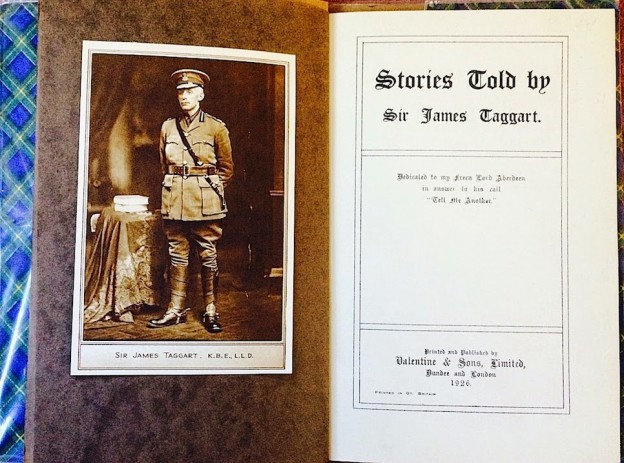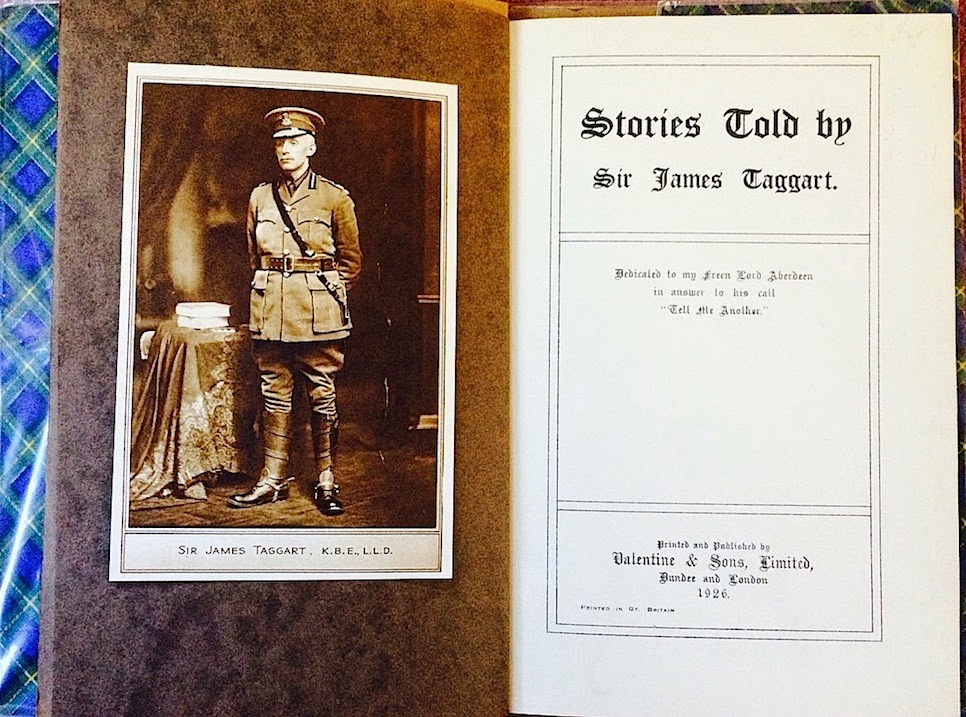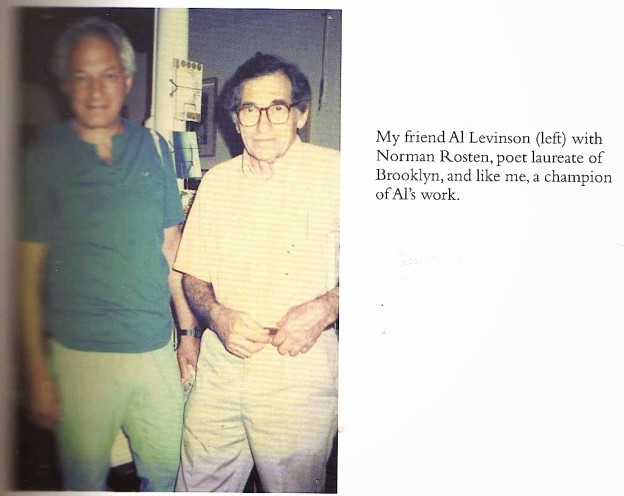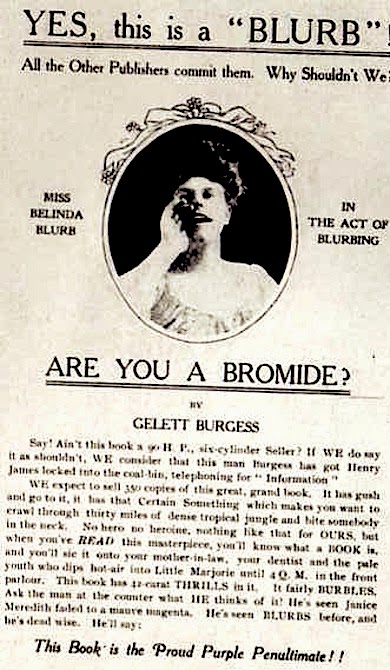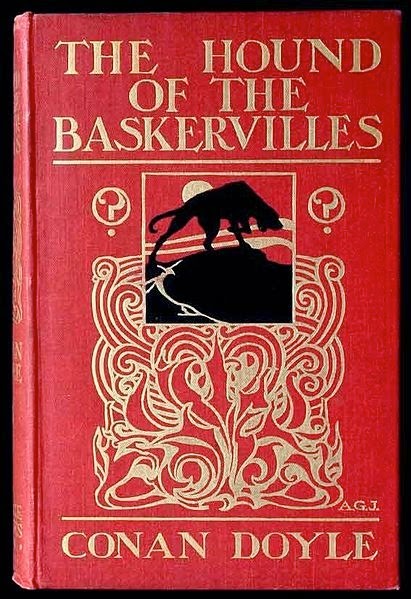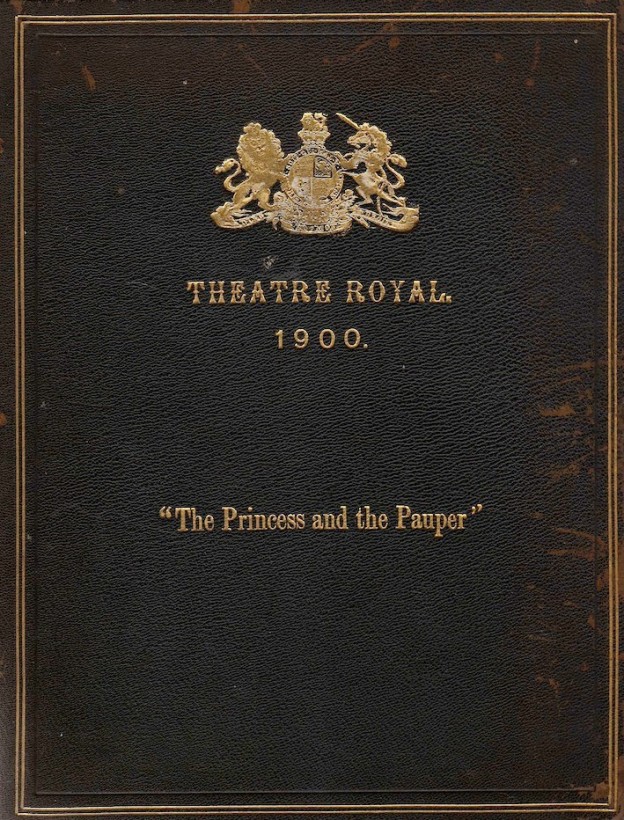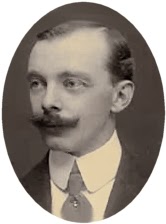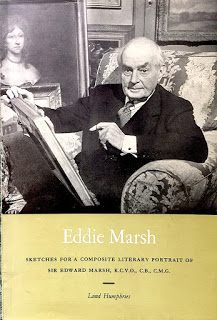 Found in a book* of tributes to Sir Edward Marsh, these two pieces unknown to the web - the foreword by Winston Churchill and the 'Tailpiece' by Max Beerbohm. Wikipedia (who regard him as a polymath) has this on him. Very clever, amusing, retiring, gay, one of the 'great and the good' and a patron of the arts - it is hard to think of a modern equivalent. Churchill, whom he served as Private Secretary for many years, attended his memorial and here contributes a touching piece on 'Eddie.' Beerbohm, who regarded him as 'not unalarming' also recognised him as 'one of the ornaments of his time.'
Found in a book* of tributes to Sir Edward Marsh, these two pieces unknown to the web - the foreword by Winston Churchill and the 'Tailpiece' by Max Beerbohm. Wikipedia (who regard him as a polymath) has this on him. Very clever, amusing, retiring, gay, one of the 'great and the good' and a patron of the arts - it is hard to think of a modern equivalent. Churchill, whom he served as Private Secretary for many years, attended his memorial and here contributes a touching piece on 'Eddie.' Beerbohm, who regarded him as 'not unalarming' also recognised him as 'one of the ornaments of his time.'Foreword
Winston Churchill
The friendship of Eddie Marsh is a memory which I put high among my treasures. We began working together at the Colonial Office in 1905 and from then onwards out association remained intimate and happy for nearly fifty years. He was not only an admirable Civil Servant, on whose judgement, loyalty, and competence I could always count, but he was a master of literature and scholarship, a deeply instructed champion of the arts, and a man for whom the esteem of his friends could not fail to be combined with their deepest affection. His serenity in all things made his companionship a pleasure; and his noble and generous nature made him an unfailing joy to men and woman of all generations who were so fortunate as to walk with him along the road.
Tailpiece
Max Beerbohm
Eddie
I do not remember having anywhere at any time heard him spoken of by anyone as Edward Marsh. And yet, with his tufted eyebrows and his monocle, and his sharply chiselled features, and his laconic mode of speech, he was not, one would have thought, unalarming. Or at any rate one would have thought so if his great kindness of heart had not somehow shone through the rather frigid surface of his social form. He was immensely more interested in other people than in himself - though he must have known that he was undeniably one of the ornaments of his time.
*Sketches for a composite literary portrait of Sir Edward Marsh. C. Hassall and D. Mathews. London: Lund Humphries for the Contemporary Art Society, 1953.









